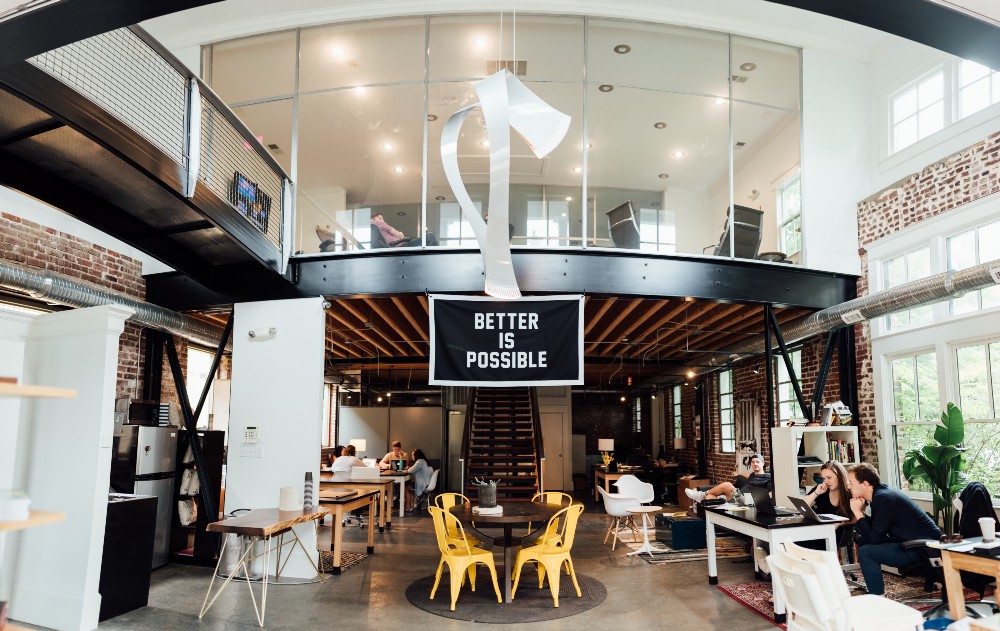
Sarah Gillinson Interviews Paul Miller – Bethnal Green Ventures
blog | Words Sarah Gillinson | 15 Jul 2016
An interview with Paul Miller today who leads strategy and partnerships at Bethnal Green Ventures – an accelerator programme for people who want to change the world using technology.
I interviewed Paul Miller today who leads strategy and partnerships at Bethnal Green Ventures – an accelerator programme for people who want to change the world using technology.
Five insights stick in my mind after our conversation.
The first is about the nature of their business. They are becoming highly effective at supporting tech startups who want to help change the world, to flourish. And they know that having an impact at scale relies on building a much broader community of tech innovators trying to change the world, way beyond their own work. So they are as engaged in ‘normalising’ the idea of ‘tech for good’ as they are in incubating particularly promising ideas that come to them. Specific change initiatives and a broader movement for change are intertwined to become even more powerful.
Secondly, BGV help innovators to improve public services, or impact on the public good from outside existing institutions. Many of their ventures work directly with hospitals, energy companies or higher education institutions – and they are usually led by people who have given up trying to make change from within them. Paul sees much of the reason for this as structural. Public services, in particular, are stretched to the very limit. All their resource and leadership is dedicated to maintaining the world ‘as is’. No-one has the time, headspace or money to invest in creating, developing and building evidence to support alternative ways of doing things. Doctor Doctor helps to reduce wasted clinician time by rescheduling canceled appointments in real time and now guarantees a 30% drop in wasted time from the moment of its implementation. Its founders had the idea working in hospitals. They had to go outside to get the time, funding and support to make it happen.
Thirdly, scale. Many of these tech ventures scale more effectively outside institutions too. Investing in the development required to transform appointment scheduling in one hospital almost certainly won’t deliver a positive return on investment (quickly). Investing in the development of a solution that could be used to save money at hospitals all over the country, almost certainly would.
Two other key insights emerged from discussion about the broader drivers of change in the world.
Firstly, Paul is thinking hard about how we are dividing ourselves and being divided – in public services where the most affluent and influential don’t use them, on social media where we only connect with ideas that reinforce our view of the world, on climate change where a minority can afford to adapt with relative ease, and others cannot escape and suffer daily. For BGV the question becomes how can tech ventures help bridge these divides? And the same must be true in Innovation Unit’s work too. If the major social challenges we face are shared (ageing populations, automation and the changing nature of work) – how can we bridge those divides to tackle them together, in all our interests?
Finally, Paul’s closing challenge to us in thinking about Innovation Unit’s future work and impact was about building coalitions. The world is uncertain and complex. How change happens and is led is clearly in flux. Mainstream politics and public institutions are losing credibility and influence all over the world. And there are many changemakers – individual, organisations, loose coalitions – who want to and are working to play a role in shaping the world they want to see. We need to work together.